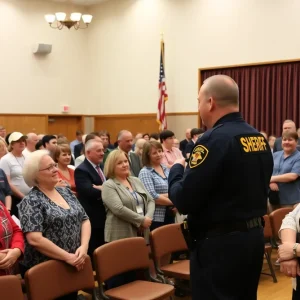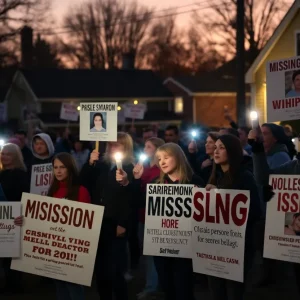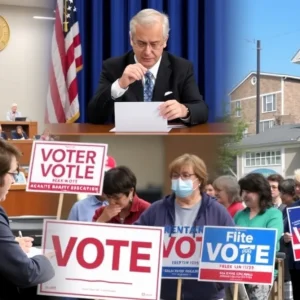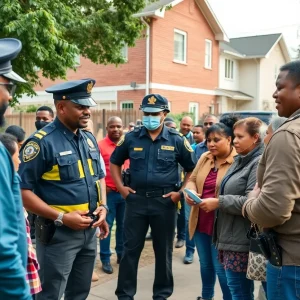SC Supreme Court Denies Death Row Inmate’s Request, Execution Method Chosen
In a ruling handed down this week, the Supreme Court of South Carolina denied the plea of Freddie Eugene Owens, a death-row inmate slated for the first execution in the state in over a decade. The court turned down the request made by Owens for additional details regarding the drugs utilized for lethal injections.
Freddie Owens Scheduled for Execution
Owens is set to meet his end on September 20 as a consequence of a fatal armed robbery in Greenville in 1997. He was condemned to the death penalty in 1999, a sentence that has been upheld despite numerous appeals.
Owens was provided with a choice of execution methods – lethal injection, firing squad, or the electric chair after a ruling by the state’s supreme court in July. As per his religious beliefs, Owens, a Muslim, handed over the responsibility of this decision to his lawyer, on account of his faith condemning suicide.
Objections over Information Insufficiency
His appeal sought increased clarity on the “availability of lethal injection,”. Owens and his attorney, Emily Paavlova, argued that the information presented was insufficient for a fair assessment of the “lethality of the injection drugs”.
The appeal petition called for providing explicit details such as the actual report of the drug’s testing, their beyond use date, and their storage conditions. The state supreme court, however, citing the testing performed by the South Carolina Law Enforcement Division’s Forensic Services Laboratory, rejected these requests. Additionally, the court ruled that the information provided was adequate for Owens to make an informed choice regarding his execution method.
Lawyer Makes the Decision
Following the court’s decision, Paavlova sent the form to prison officials. She further released a statement expressing her continued uncertainty over whether the detailed information about the drug was satisfactory to ensure it would not cause excruciating pain or distress during the execution.
Should Owens’ attorney have failed to make a decision, state law mandated resorting to the electric chair, an eventuality which Owens wanted to avoid.
Despite this setback, Paavlova says she remains committed to doing her best for Owens. “I have known Mr. Owens for 15 years. I made the best decision I felt I could make on his behalf. I genuinely hope the South Carolina Department of Corrections’ assurances hold true,” she wrote in a statement.
cCopyright 2024. All rights reserved.





























